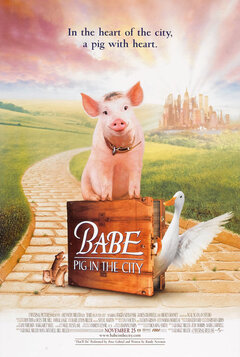
https://christiananswers.net/spotlight/movies/pre2000/i-babecity.html
Never would I have imagined that the writer & director behind the Mad Max franchise and The Witches of Eastwick, George Miller, could ever produce something so inoffensive and completely wholesome as Babe and its sequel, Babe: Pig in The City. And yet somehow, it’s true, and I’m so glad that it is. In re-watching this madcap sequel to its critically acclaimed predecessor (emphasis on madcap), I spotted a large amount of Miller quirks and eccentricities that audiences have come to recognise as being distinctly ‘Miller-esque’. Take for example the wild, inventive action set-pieces with so many moving parts (Babe’s near escape from two vicious pit bulls is a marvel), or the oddball, eclectic family of animals who live within a townhouse unbeknownst to the neighbours – complete with a choir of singing cats, a finely-dressed chimpanzee family and their master, a drunken clown, played by Mickey Rooney. If it all sounds utterly bonkers, that’s because it is. After all, in what world would you expect a ‘children’s film’ to display a pig’s life flashing before its eyes, or that same animal questioning the reason for the existence of evil in the world by asking “Why?” in the face of great hate? And yet, despite everything we see throughout, this film isn’t simply a bizzarro, escapist pleasure. It’s the tale of an innocent young pig with a “kind and steady heart”, who in all things, offers humility, grace, and love to those around him. In other words, it’s a distinctly George Miller production marked by real biblical principles that are not only championed, but actively encouraged…
Picking up almost immediately after Babe’s triumphant and unexpected victory at the local sheepherding competition (he’s now a prize-winning ‘sheep-pig’), Pig in The City finds the plucky young pig eager to continue serving his master, Farmer Hoggett (James Cromwell). Sadly, the young pig is not so adept when it comes to helping with DIY (shockingly) and inadvertently causes an accident in the farm’s well which severely injuries his beloved human and prevents him from working. Soon, the farm draws the attention of bankers who seek to foreclose on the property, unless sufficient funds can be secured. To save the farm, Babe must make a well-paid guest appearance at a fair in a distant land, whilst accompanied by Mrs. Hoggett. However, through a series of misadventures, the pair are left stranded in a strange, dangerous city named Metropolis - a striking amalgamation of Venice, Los Angeles, Sydney, and New York. But through the kindness of a stranger, Mrs. Hoggett learns of a solitary, illegal hotel which gladly accepts both humans and pets. Once settled in, however, tragedy strikes, and the animals are separated from their humans. With no one to guide them, who will up rise and lead the animals out of such a dire situation? Enter their unlikely saviour: Babe.
You must ask yourself, is this sequence not the very definition of biblical grace itself? Here, Babe extends undeserving favour toward an unworthy creature and counts them worthy to receive it, although they had previously responded to Babe’s kindness and love with vicious, unprovoked violence. Despite the dog’s wrongdoing and its clear desire to take a life, Babe chooses to forgive the wild animal and seeks to restore it back to full health. On reflection, the scene reminded me of Romans 5:6-8, which reminds us that humanity was “living against God” (ICB) and became “utterly helpless” (NLT) because of their sin. And yet, “Christ died for us” (Romans 5:6, ICB) - He came to save us even though “we were still sinners”, which thereby exhibits “His great love for us” (Romans 5:8, ICB).
This is very the essence of the Gospel message, demonstrated so beautifully (and unexpectedly) by even a young pig in his attempt to save this seemingly worthless, uncared-for dog. But in so doing, Babe does so much more than just save a life in the physical sense – this pit bull finally sees the error of his ways, seeks to protect Babe and, by the film’s end, becomes more than a simple, mindless killing machine. Yes, the pit bull might not outright apologise for his wrongdoing, but he clearly intends to turn away from it, which brings him hope for a new, different future. And we see something very similar in Christianity because Jesus came to die on a cross in our place, so that all who believe in Him might be saved from the sins of our past and the people we’ve become, to be changed into a “new creation” (2 Corinthians 5:17, NIV). If we are in Christ, we become renewed people who are no longer dead in our sins and on a course set for eternal separation from Him. We’re no longer mindlessly wronging ourselves and others to satisfy the desires of our flesh. No, when we choose to respond to the saving grace of Jesus Christ (similarly to how the pit bull responds to Babe’s act of saving grace) by following Him alone, asking for forgiveness of our sin and turning away from our dark past into His light, we become spiritually renewed people who will show a distinct change in who we are to society: “(God) saved us, not because of the righteous things we had done, but because of his mercy. He washed away our sins, giving us a new birth and new life through the Holy Spirit” (Titus 3:5, NLT).
Before accepting Jesus into our lives, we’re all a lot like that pit bull – driven solely by our sinful desires and blinded to the light of Jesus. But God, in expressing His great love & mercy for us by sending Jesus to save us, is the gracious beacon of hope which says that we need not continue in the path we’re on. Jesus’ sacrifice means that the price for our sin is already paid for – we only need to call on the name of Jesus to now find salvation in eternity, and the renewal of our minds today, in this life. Who’d have thought that a little pig could remind me of all of that? “That’ll do pig, that’ll do”.



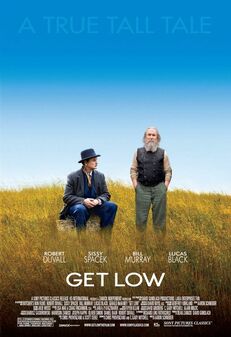
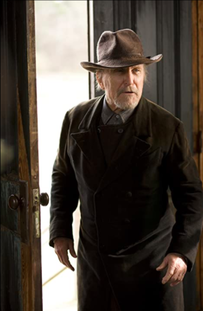

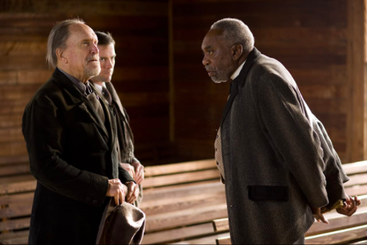
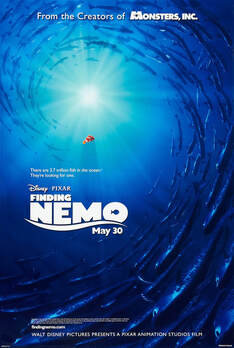








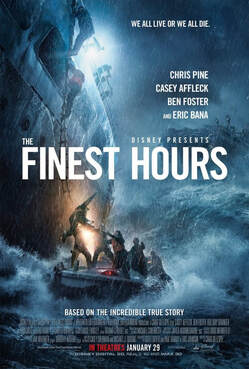

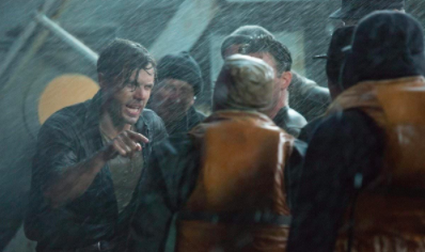
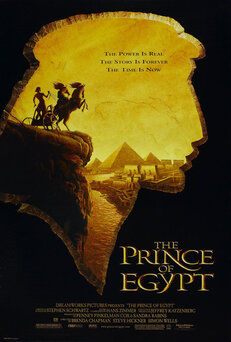



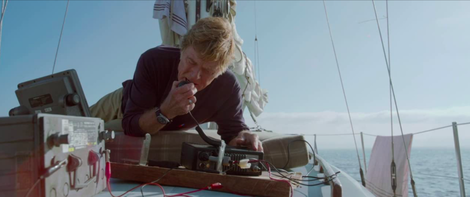

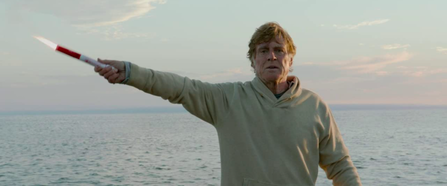




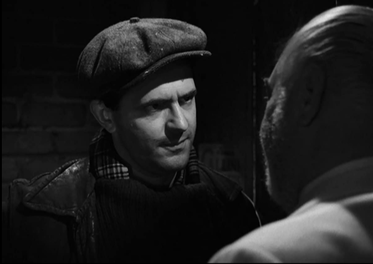
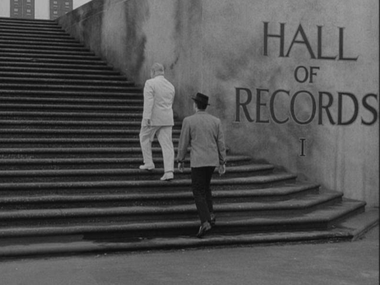
 RSS Feed
RSS Feed